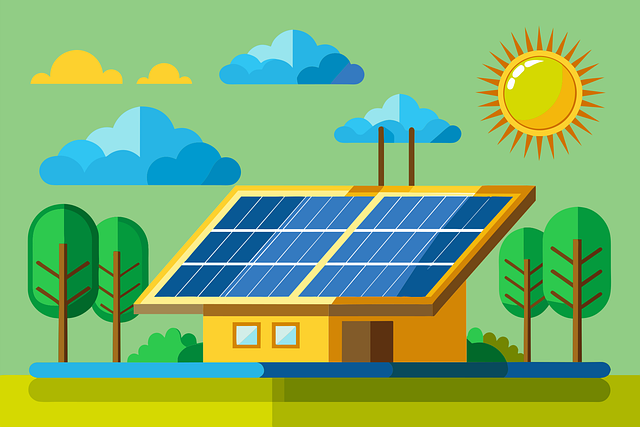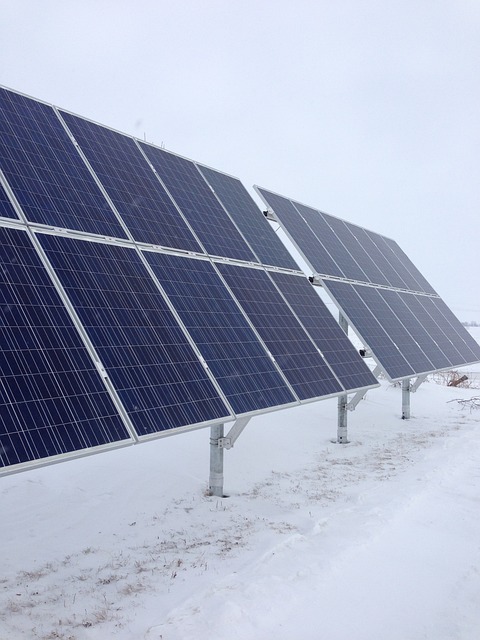Community solar programs are expanding access to solar energy by enabling people to benefit from solar power collectively, regardless of their individual ability to install personal solar panels. These programs centralize solar arrays and distribute the generated electricity among subscribers, making renewable energy accessible to those with limited space or financial resources, or who live in areas with insufficient sun exposure. By fostering inclusive participation and promoting sustainable habits, community solar initiatives are key drivers in the transition towards a cleaner energy ecosystem, significantly cutting down on greenhouse gas emissions. These programs are not just democratizing renewable energy but are also pivotal in shaping an equitable and sustainable energy future for all.
- Unlocking the Potential of Community Solar Programs for Shared Solar Energy Benefits
- The Mechanics and Advantages of Participating in a Community Solar Project
- Maximizing Access to Solar Energy: How Community Solar Programs Serve Diverse Users
Unlocking the Potential of Community Solar Programs for Shared Solar Energy Benefits

Community solar programs represent a transformative approach in harnessing solar energy for shared benefits, transcending the traditional model where solar panels are installed solely on private residences or business properties. These initiatives enable multiple users to subscribe to a community solar facility, thereby gaining access to the credits or actual solar power generated, even if they do not have solar panels installed at their own premises. This model unlocks the potential of solar energy by democratizing its availability, allowing individuals who may not have optimal sunlight exposure, afford the initial investment, or own property suitable for solar panel installation to partake in the environmental and economic advantages of renewable energy. By pooling resources and sharing the output from a centrally located solar array, community solar programs facilitate inclusive participation and foster sustainable practices within communities. This not only accelerates the adoption of solar energy but also promotes equitable access, ensuring that the benefits of clean, renewable power are available to a broader segment of society. As these programs continue to evolve and expand, they have the potential to significantly contribute to the reduction of greenhouse gas emissions and offer a tangible pathway towards a more sustainable future.
The Mechanics and Advantages of Participating in a Community Solar Project

Maximizing Access to Solar Energy: How Community Solar Programs Serve Diverse Users

